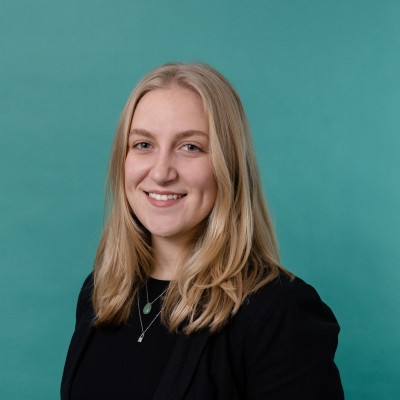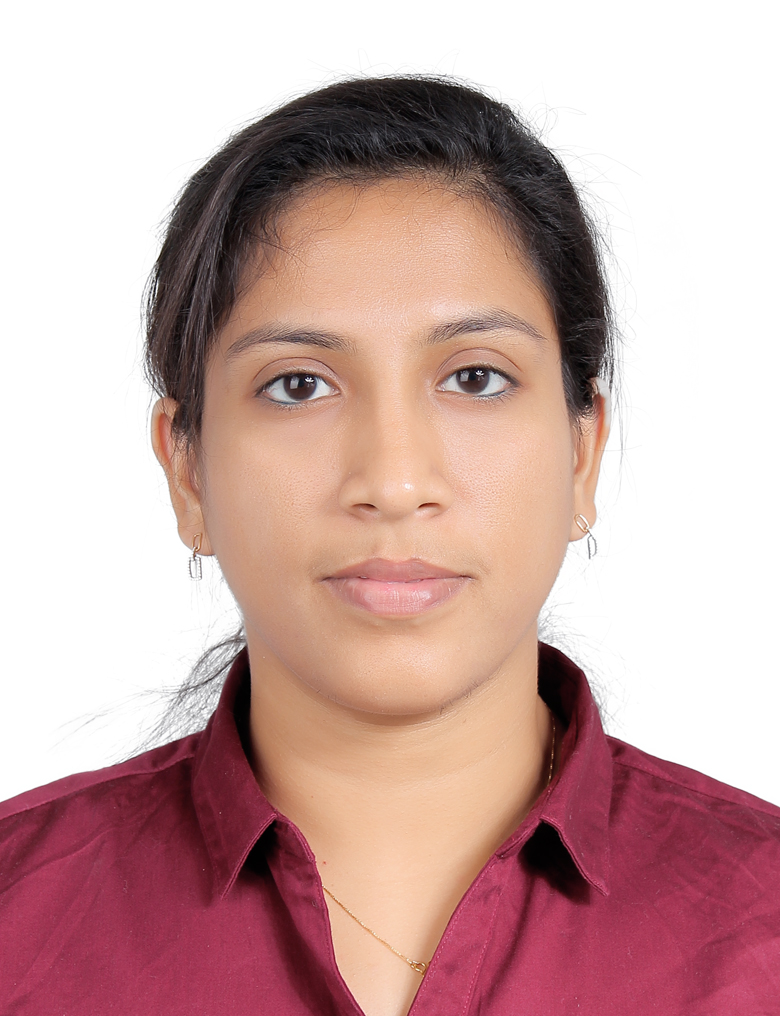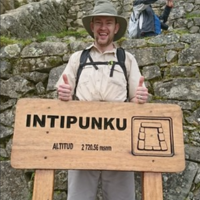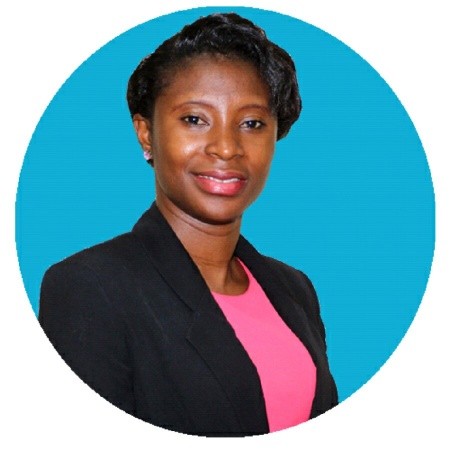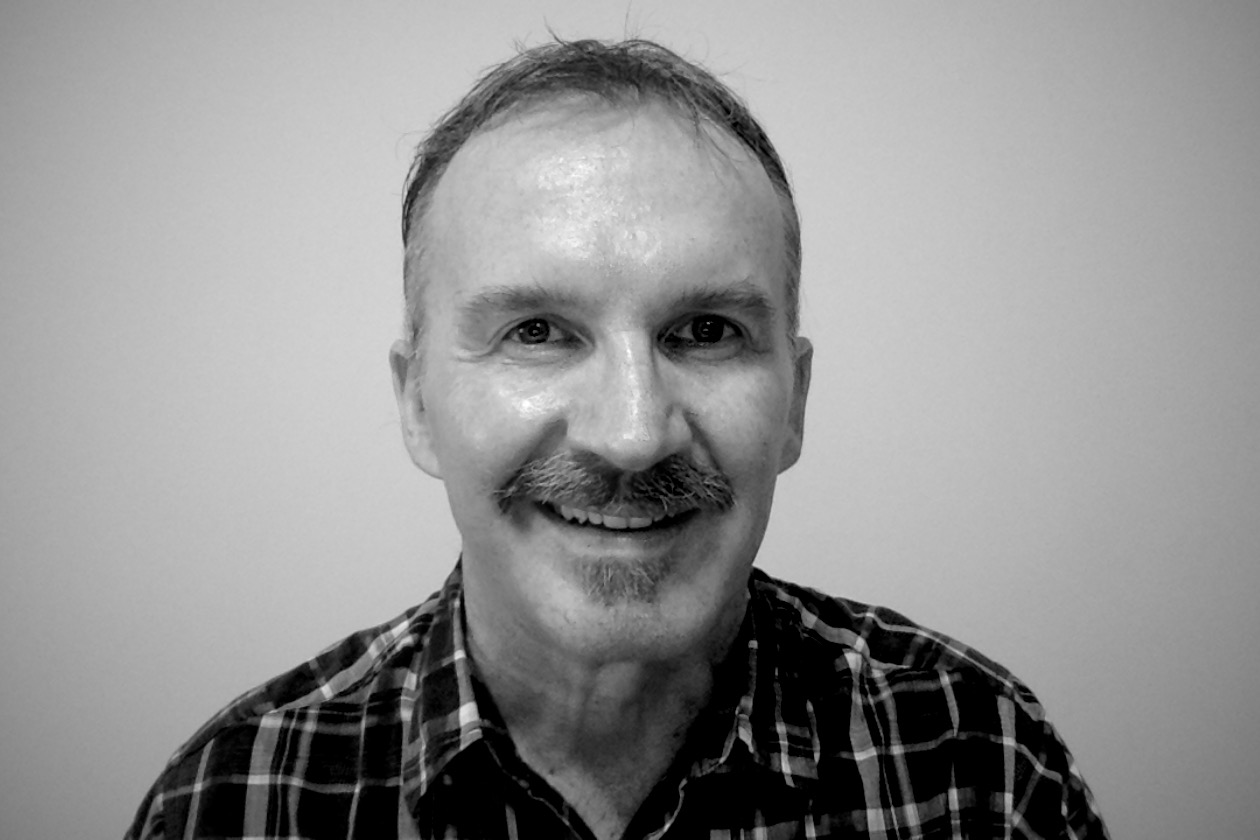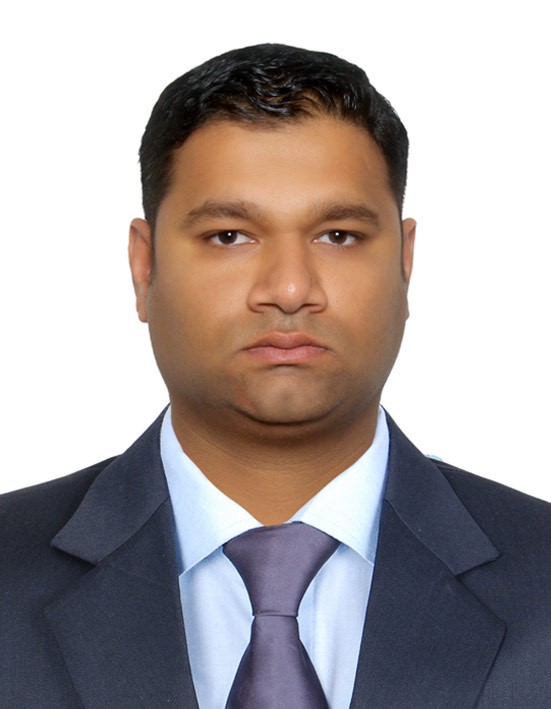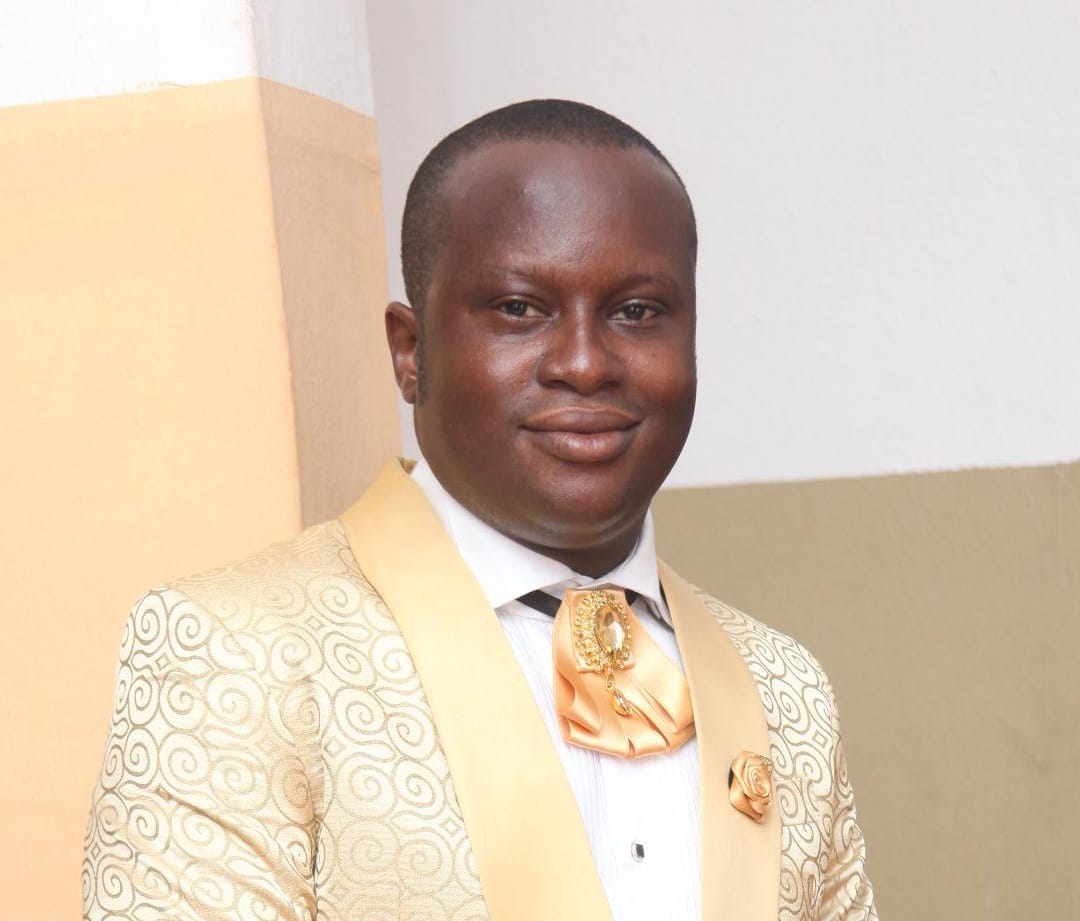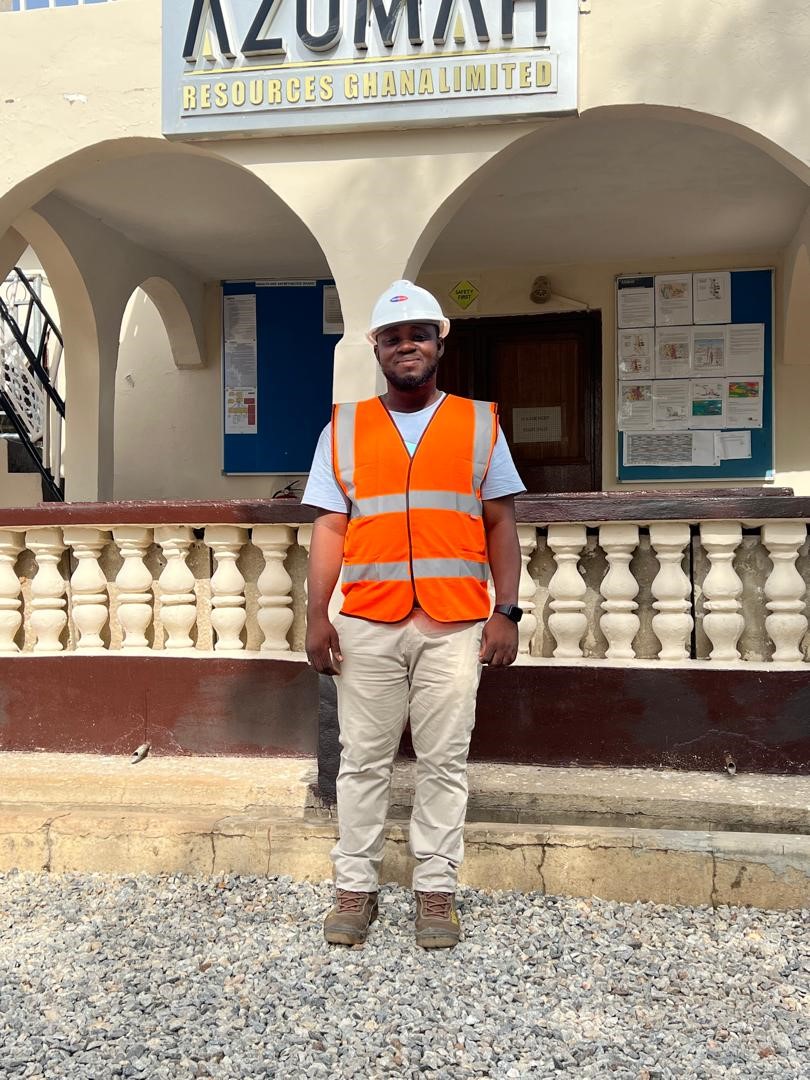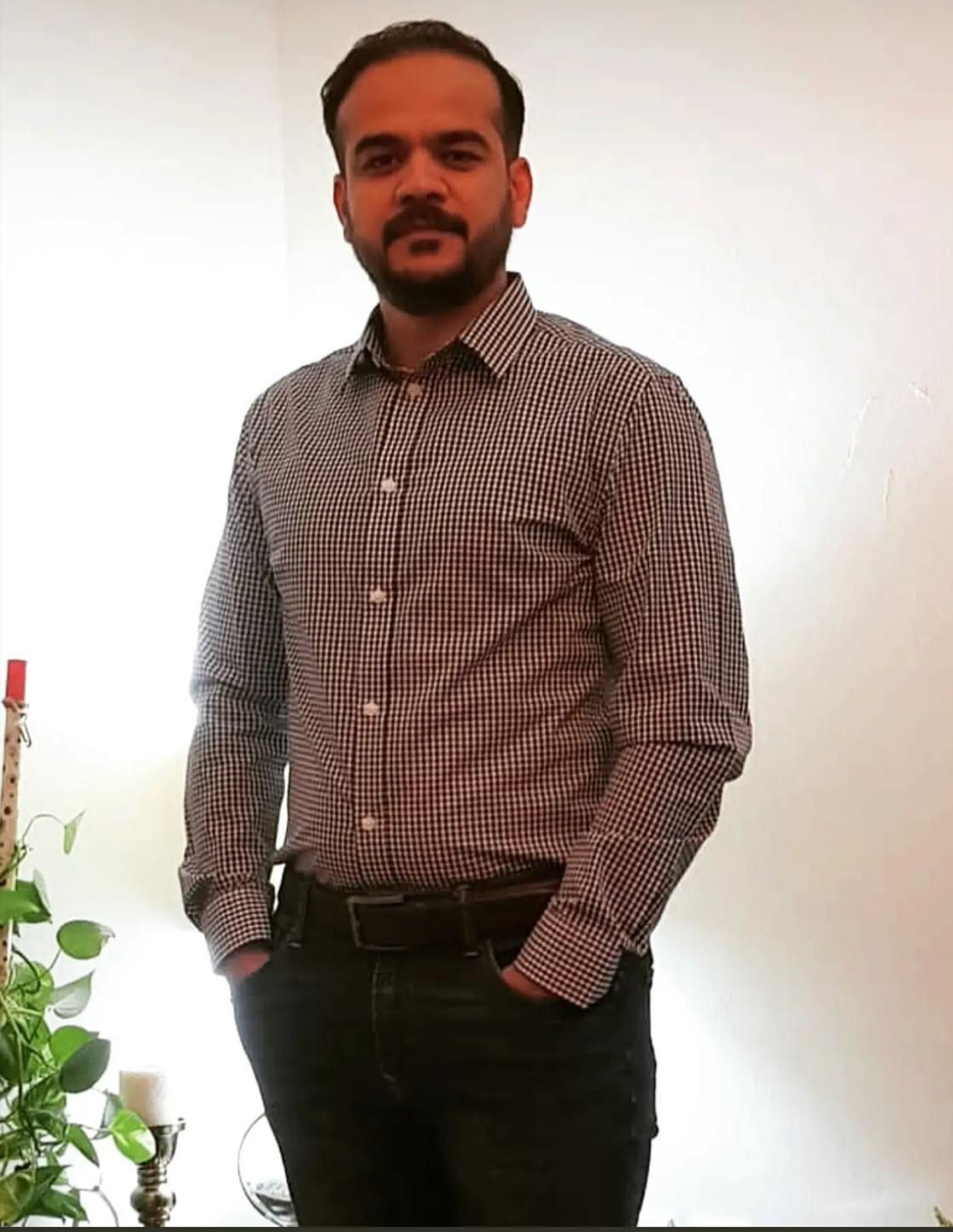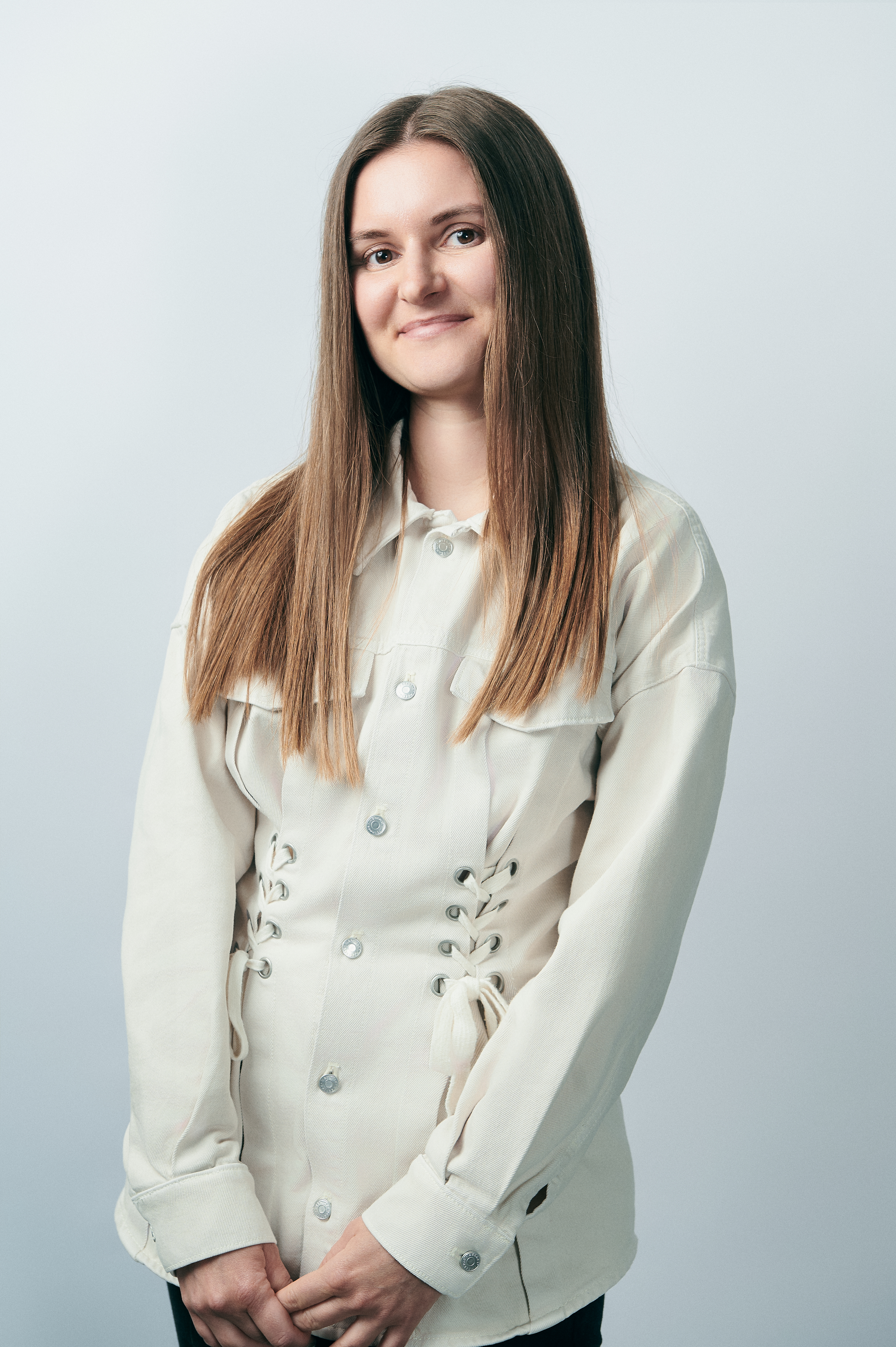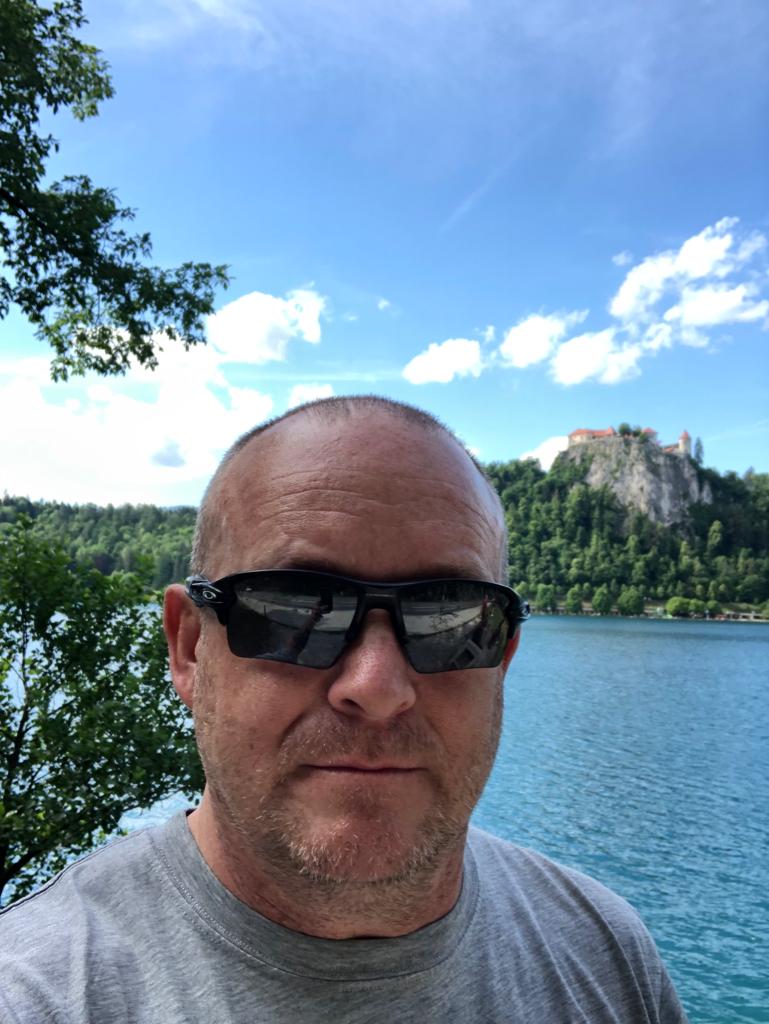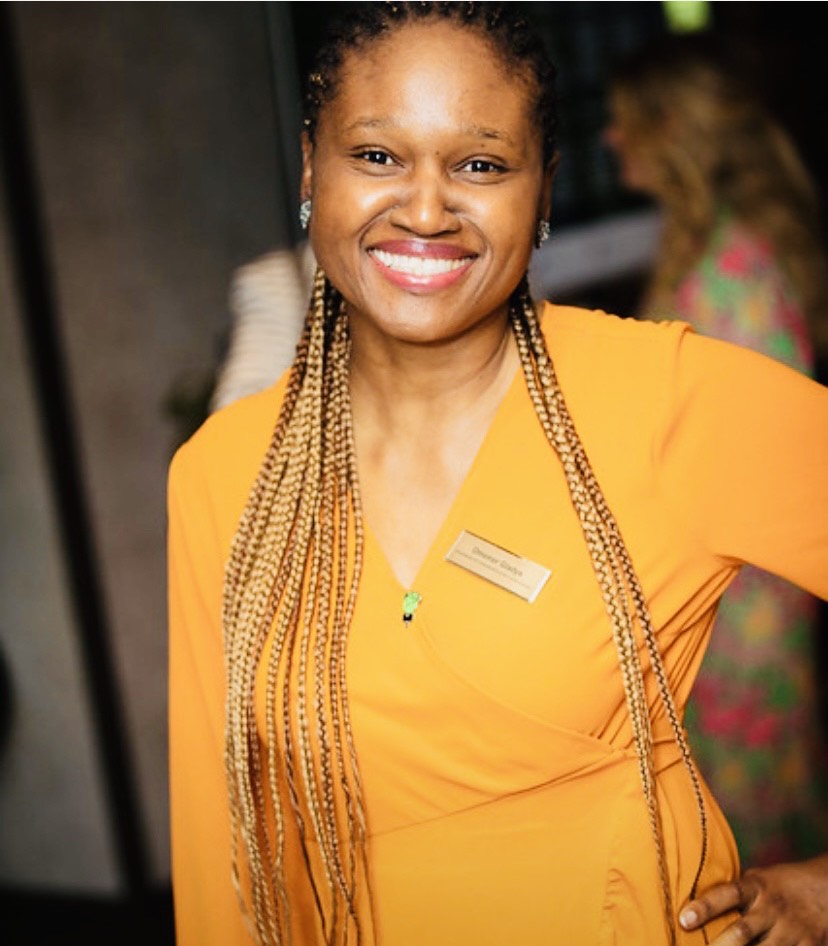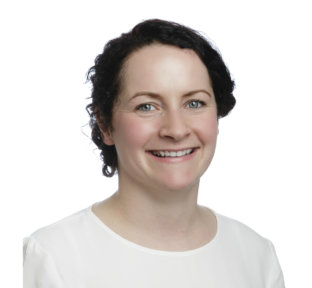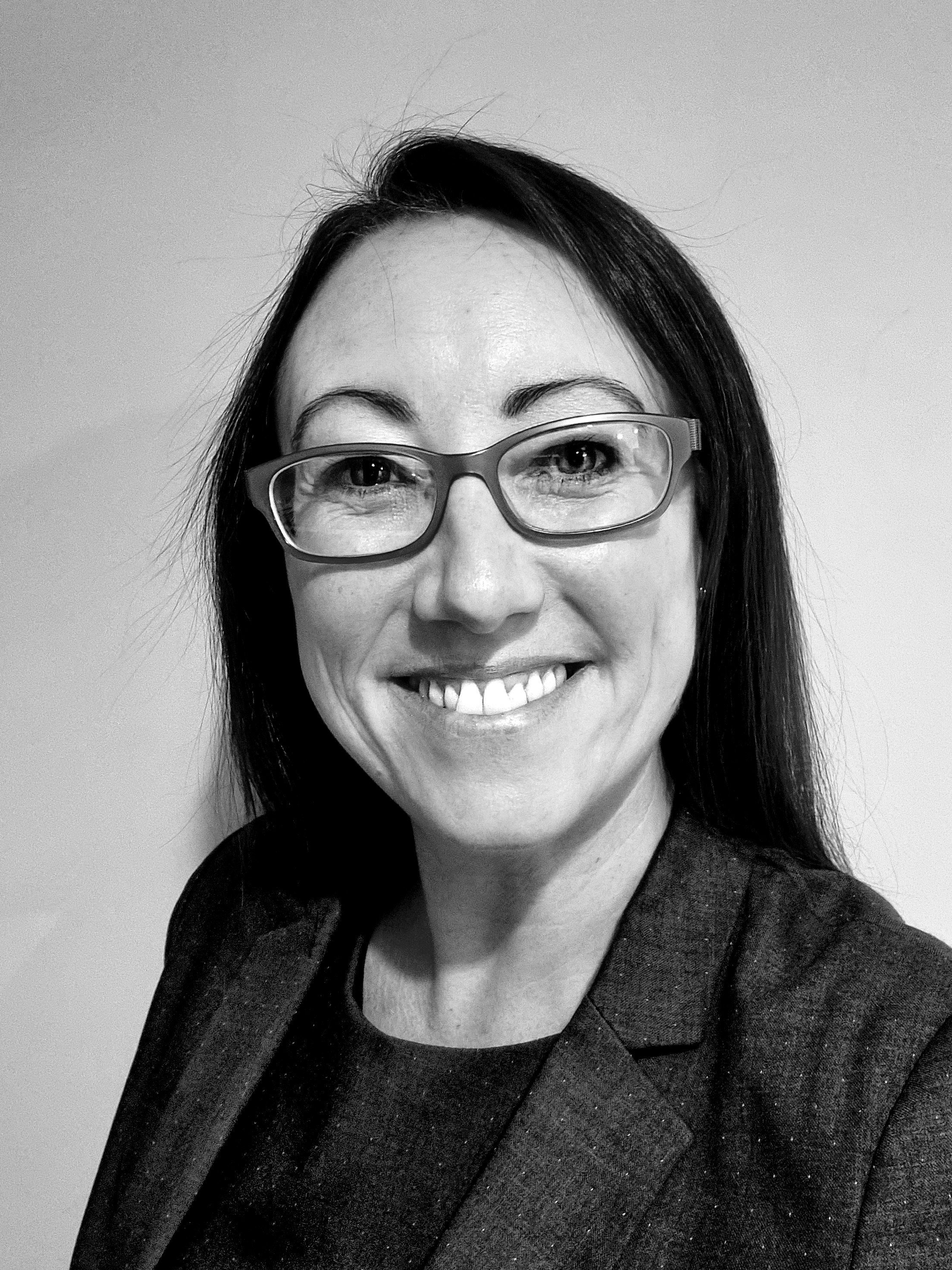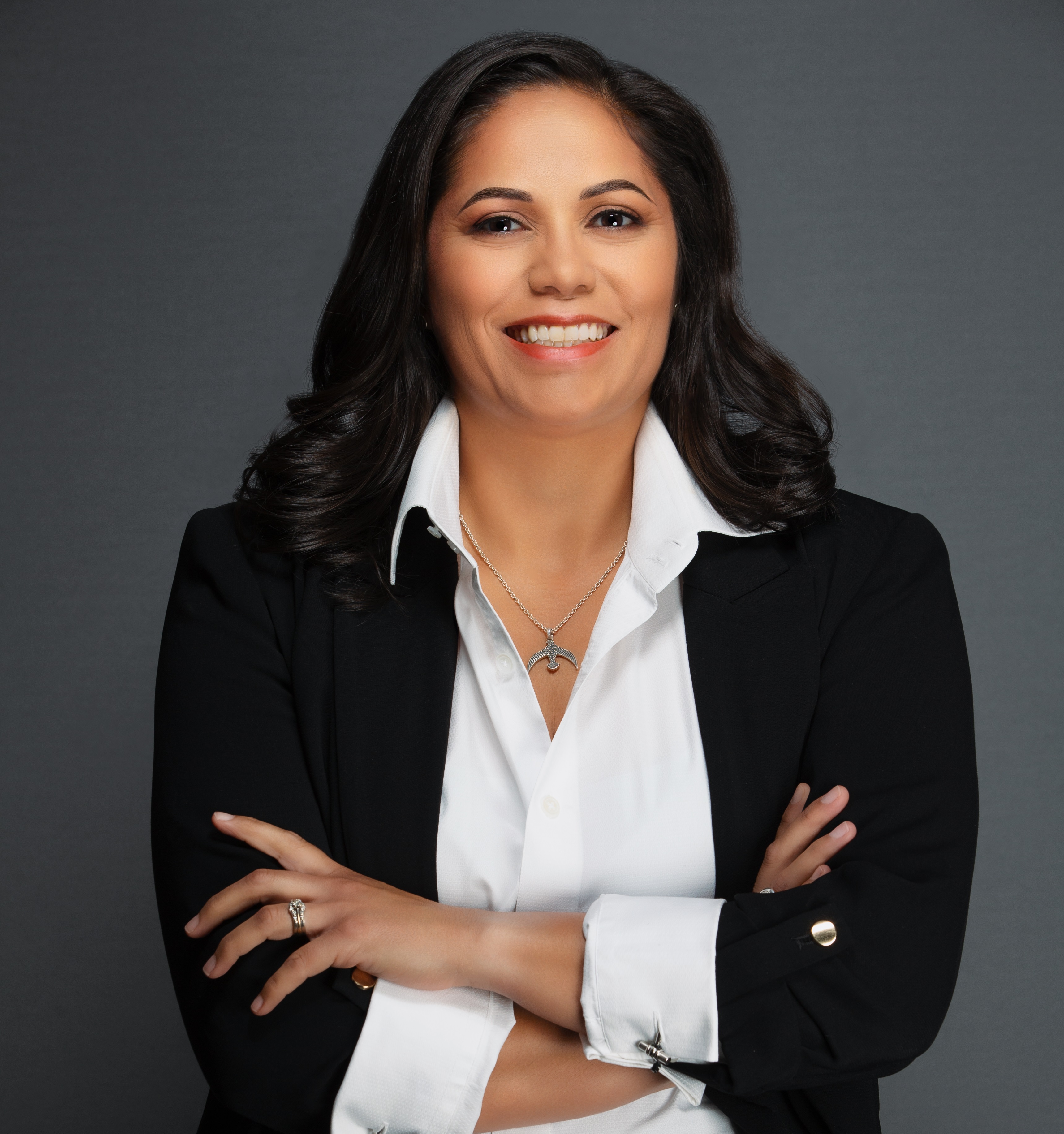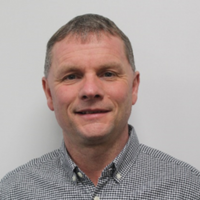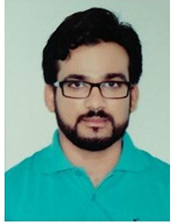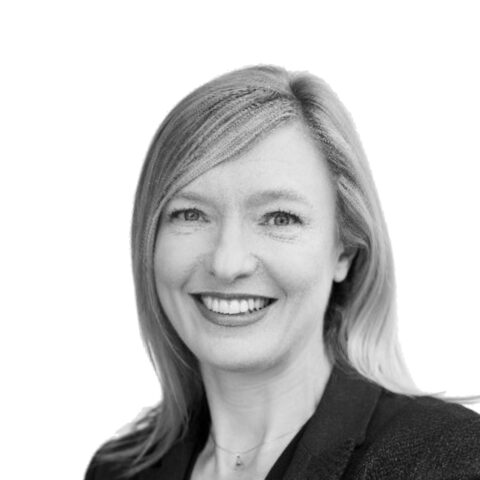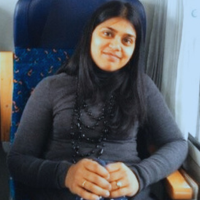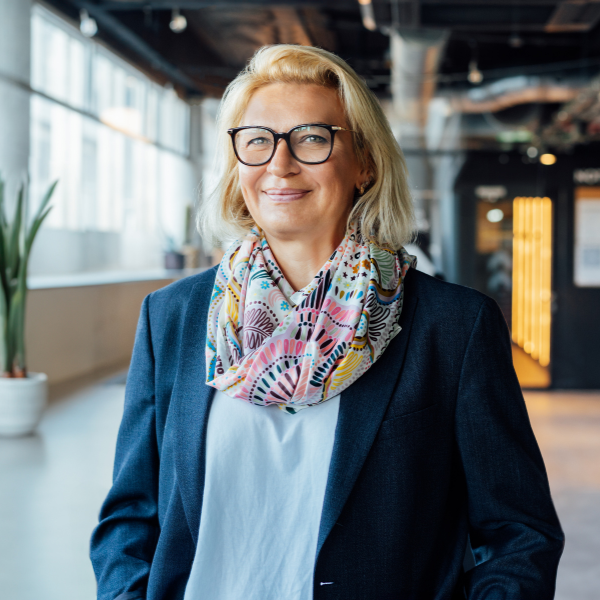There are a number of ways in which you can access support for your application and IEMA are here to help you every step of the way. We have created several resources to help you prepare your Full Membership (and Chartered Environmentalist) application:
Application Guidance
Here we provide guidance and written samples for each section of your supporting paper. Download the Full Assessment Guidance here.
Understanding Full member competencies video series
We are creating a series of short videos designed to help you understand the Full member level competencies and support you with upgrading. This page will continue to be updated with up to date resources and insights. Find out more HERE.
The Sustainability Skills Map
A useful tool for helping to identify the grade of membership best suited to you. The Sustainability Skills Map and subsequent membership standards will help you align your skills, knowledge and experience to the most appropriate grade. Take a look at the thirteen competencies outlined in the sustainability skills map and then work your way through the different membership standards to find out where your skills and knowledge best fit. You can start with the Full Membership Standard to see if this is the right level for you.
Gap analysis tool
Members who have achieved Full membership say that often, the most difficult part of putting together an application is actually getting started on it.
The Gap Analysis Tool will help you plan, develop, and piece together your application. It’s designed to ensure you capture the best of your achievements, and that your CV and supporting paper cover the competencies outlined in the Full Membership Standard. Download your free Gap Analysis Tool here.
Full Membership Reading Resource
This Reading Resource page signposts you to a range of resources that will help you develop your knowledge and prepare for the IEMA Full membership grade. The list is not intended to be seen as a prescribed reading list. The first part contains predominantly IEMA-related resources, from the IEMA Reading Room. The second part lists external resources and books recommended by Full IEMA Members.
Full Member Digital Workshop
Why not join our online, interactive workshop enabling you to explore the Full Membership & CEnv competencies and understand how to plan for and write your application.
Hosted every month and delivered by an experienced IEMA Full Member & CEnv assessor, this 2.5 hour workshop will give you the confidence you need to craft a high quality application and kick start your journey to Full Membership & Chartered Environmentalist giving you renewed momentum to achieve your goal.
See when the next workshop is planned on our Events Page
Membership Mentoring scheme
The IEMA Membership Mentoring Scheme is a free service; another option if you feel you need a little more help and guidance.
Let us know if you’re interested and we’ll match you with a Mentor – someone who has already achieved Full Membership and is equipped to help you on your journey towards reaching that same goal.
Over 3-6 months you will have regular calls and e-mail catch-ups with your Mentor as they guide you towards your goal. It’s a great way to take the next step in your career with the support of someone who’s experienced the finer details of the process, and successfully achieved MIEMA.
Written Submission Review
If you feel that you are not quite ready to apply for Full membership, why not apply for additional support?
This route is ideal if you want one-to-one, clear, friendly and expert guidance from someone who knows the standard and the application process inside out. They’ll review your draft paper, give you hints and tips for making it even better and talk you through the process, answering any questions you have about what to expect, taking the worry out of your upgrade.
The cost of this service is £80
To add this option to your application, simply choose your application route and select 'add support programme' when completing your online application.
If you have any questions about which option you should take, get in touch with our Membership Team at [email protected] or on +44 (0)1522 540069.




